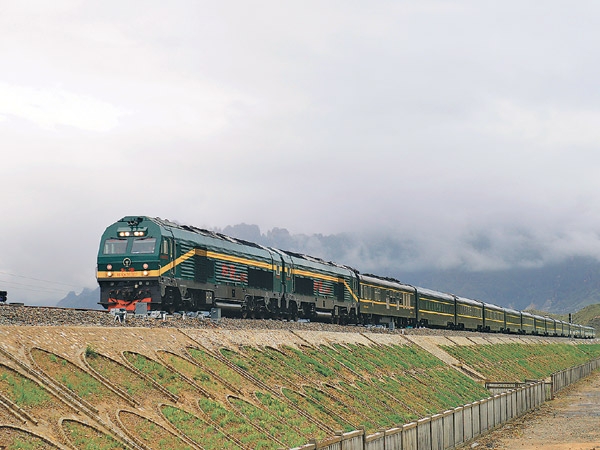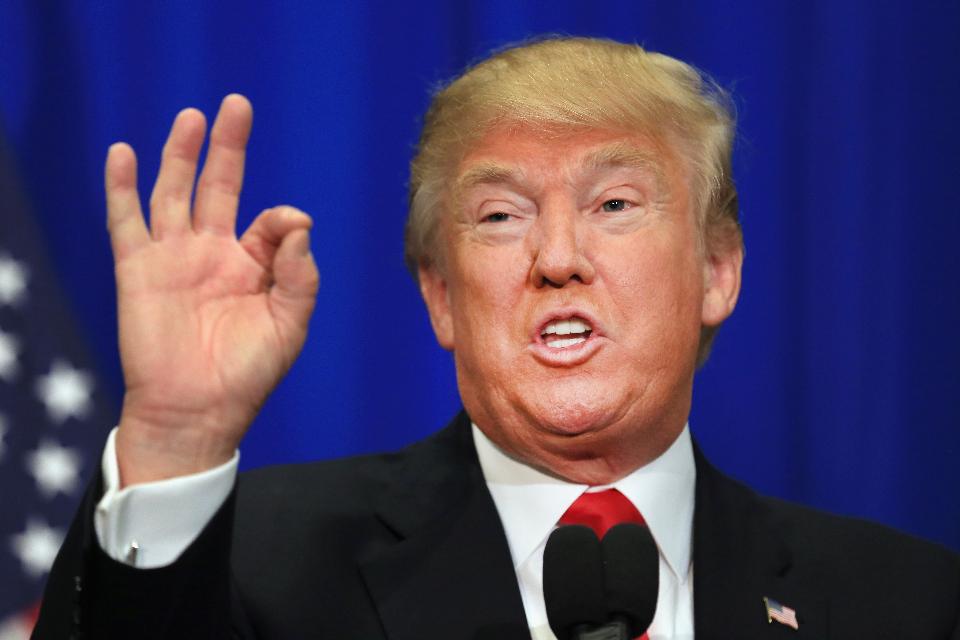Beijing: Chinese officials say trans-Himalayan railway connecting Tibet with India and Nepal is economically and technically feasible as Beijing looks to make Tibet an economic and cultural hub connecting China with South Asia.
“The construction of a railway crossing the Himalayan mountains is now economically and technologically feasible,” Zong Gang, Deputy Director of the Science and Technology Department at Beijing University of Technology, told a forum here run by the China Tibetology Research Centre.
The Himalayan railway would start from Xigaze, a city in Tibet, run to Gyirong, a land port on the Chinese border, and extend into Nepal, although it would not be a high-speed railway, state-run China Daily quoted Chinese researchers as saying at the forum yesterday.
China built a railway running for more than 1,100 km to connect the highland region of Tibet with the rest of the country in 2006 and extended it to Xigaze with an additional 250-km rail link connecting the city to Tibetan provincial capital Lhasa.
China now mulls a rail link to the both Nepal and Yadong, a Tibetan county close to Sikkim border. Chinese officials say that in future it can be connected to India.
The daily today published a map with railway line linking Xigaze with Yadong and Burang, both closer to Indian borders in Sikkim and Uttarakhand, and Gyirong, bordering Nepal.
The altitude at Gyirong port is 2,800 meters above sea level, while the Gyirong mountain pass to Nepal lies at about 1,800 meters, making the railway geographically feasible, Zong said.
In contrast, Lhasa where China has built a railway network is about 3,700 meters above sea level and the altitude at Xigaze is about 3,800 meters.
The rail line extension between Xigaze and Nepal border was agreed this year during visit of pro-China Prime Minister K P Sharma Oli, who signed transit treaty with China in a bid to reduce landlocked Nepal’s dependence on India for supplies.
But the fall of the Oli government and the election of Pushpa Kamal Dahal alias Prachanda as new Prime Minister has raised anxieties in Beijing over the return of India’s influence in the Himalayan nation and the fate of a number of connectivity projects.
“Once Prachanda takes power, he is bound to rectify Oli’s pro-China tendency when in government and take India’s interests into account, as India is sour about losing its grip on Nepal,” according to an article in the state-run Global Times published on July 29.
“The fixed agreements between China and the Oli government are unlikely to be changed, or it will deal a heavy blow to bilateral ties, which is too much for the new government to bear,” it said.
(Sourced from agencies, Feature image courtesy:kathmandupost.ekantipur.com)
























